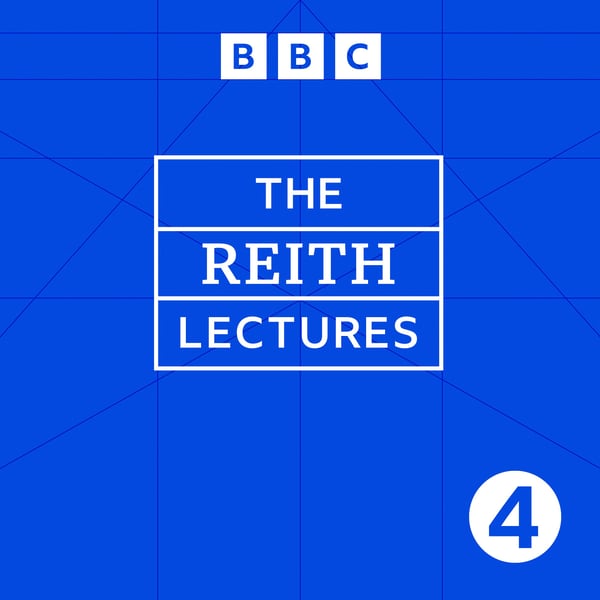Can These Bones Live?
The Reith Lectures
BBC
4.2 • 770 Ratings
🗓️ 4 July 2017
⏱️ 50 minutes
🧾️ Download transcript
Summary
Hilary Mantel analyses how historical fiction can make the past come to life. She says her task is to take history out of the archive and relocate it in a body. "It's the novelist's job: to put the reader in the moment, even if the moment is 500 years ago." She takes apart the practical job of "resurrection", and the process that gets historical fiction on to the page. "The historian will always wonder why you left certain things out, while the literary critic will wonder why you left them in," she says. How then does she try and get the balance right?
The lecture is recorded in front of an audience in Exeter, near Mantel's adopted home in East Devon, followed by a question and answer session. The Reith Lectures are chaired by Sue Lawley and produced by Jim Frank.
Transcript
Click on a timestamp to play from that location
| 0:00.0 | Hi, it's Nicola Cocklin. |
| 0:02.8 | Young people have been making history for years, but we don't often hear about them. |
| 0:06.6 | My brand new series on BBC Sounds sets out to put this right. |
| 0:10.6 | In history's youngest heroes, I'll be revealing the fascinating stories of 12 young people |
| 0:16.0 | who've played a major role in history and who've helped shape our world. |
| 0:19.8 | Like Audrey Hepburn, Nelson Mandela, |
| 0:22.5 | Louis Braille and Lady Jane Grey, history's youngest heroes with me, Nicola Cochlin. Listen on BBC Sounds. |
| 0:31.0 | Hello, I'm Hilary Mantell and I'd like to welcome you to the fourth of the 2017 BBC Wreath Lectures podcasts, which |
| 0:39.5 | explore the topic of history and fiction. |
| 0:43.3 | The task of the historical novelist is to balance the claims of fact against the power |
| 0:48.3 | of invention. |
| 0:50.3 | It's a balance that must be kept, phrase by phrase. |
| 1:00.7 | In this lecture, I explore craft and technique as I ask, can these bones live? Hello, hello and welcome to the fourth of this year's BBC Reith Lectures with the author Hilary Mantell. |
| 1:19.0 | This week we've come home with Hilary to Devon. |
| 1:22.1 | It's on the coast just south of here that she transports herself back through time to write her historical fiction. |
| 1:29.8 | We're at Exeter University. Exeter was one support and from the Middle Ages through to the 18th century |
| 1:35.2 | it grew affluent on the wool trade and it was also an important centre for importing wine. |
| 1:41.0 | But many of its old buildings were targeted in World War II for their cultural and historic |
| 1:47.0 | value and they were destroyed by successive bombing raids. |
| 1:51.0 | It's the past and our relationship with it that fascinates our lecturer. |
| 1:56.0 | She seeks to bring it to life through her writing. |
| 1:59.0 | It's the novelist's job, she says, to put the reader in the moment, |
... |
Transcript will be available on the free plan in -2828 days. Upgrade to see the full transcript now.
Disclaimer: The podcast and artwork embedded on this page are from BBC, and are the property of its owner and not affiliated with or endorsed by Tapesearch.
Generated transcripts are the property of BBC and are distributed freely under the Fair Use doctrine. Transcripts generated by Tapesearch are not guaranteed to be accurate.
Copyright © Tapesearch 2025.

